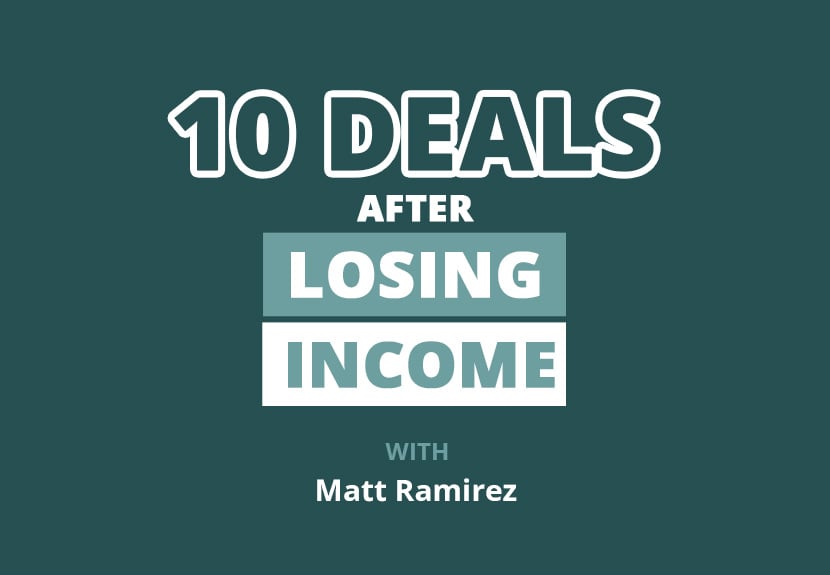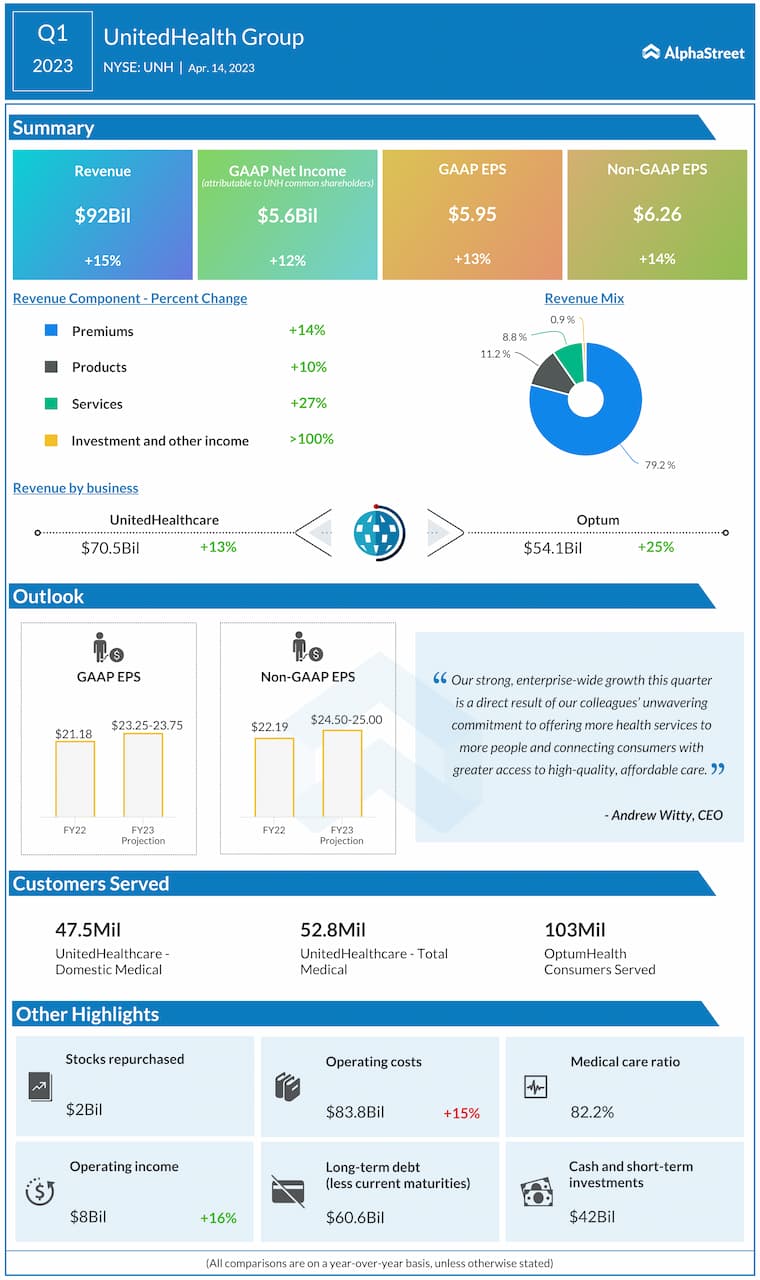The global investment and lending systems are on the verge of a climate-centric metamorphosis as the consequences of global warming on economies around the world become impossible to overlook.
That change should be good news but it is the economically-challenged Global South that could bear the heaviest burden of this shift.
Before 2021, climate change was primarily regarded as a concern that disproportionately affected the Global South. International financial institutions and advanced economies directed significant amounts of their finance earmarked for climate-related mitigation and investments towards vulnerable areas to enhance their ability to adapt.
However, the past two years have brought about a radical shift. The year 2023, specifically, has witnessed an unprecedented surge in dramatic climate change effects across North America, Europe, the Middle East and East Asia. Prolonged heatwaves, floods, raging wildfires and devastating hurricanes have struck these wealthier regions, leaving them bewildered.
Against this backdrop, it should surprise no one if richer nations redirect financing that was previously allocated for the Global South’s adaptation efforts, channelling it instead towards domestic recovery efforts.
The shift is already noticeable in mechanisms like multilateral climate funds, as highlighted recently by the struggles of the Green Climate Fund (GCF) in securing pledges from rich countries for its upcoming funding cycle. Remember, there are only limited dedicated sources of climate financing to begin with.
And while accessing funding from such platforms is exceedingly challenging, they play a crucial role and may be the only lifeline for many vulnerable regions. If these funds run dry, the Global South will have no doors left to knock on. The Loss and Damage (L&D) Fund, established just last year, might also fall prey to this changing landscape. To some degree, it already has.
The fund doesn’t yet have enough commitments, let alone necessary capital, to address climate change. Additionally, it regularly encounters dismissive comments from rich countries concerning contributions. The United States, in particular, remains opposed to the idea of holding historical emitters responsible for the current climate landscape, or compensating countries affected by disasters.
COP28 is expected to include the operationalisation of the L&D fund on its agenda. It will be intriguing to witness how delegates will navigate the challenge of operationalising a fund that’s nearly empty.
Another implication of the climate-driven transformation of financial systems, which could have the most significant impact on the Global South, relates to concessional elements within global debt.
For institutional lenders like the International Monetary Fund (IMF) and the World Bank, climate exposures are becoming increasingly evident through an elevated probability of loans that borrowers are not able to repay due to hardships.
Such challenges stem from borrowers facing recurring climate-induced disasters or depreciation of their existing assets caused by the escalation of global inflation, which itself may be driven by climate change.
Lenders face a quandary. On the one hand, their core mandate is to provide financial assistance to countries in need. However, they must also exercise caution when extending loans to countries that may be unable to repay them.
Consequently, as a delicate balancing act, institutions are now moving away from the concessional nature of debt instruments, relinquishing their prior leniency.
Pakistan serves as a notable example.
Last year’s floods plunged the country into poly-crises, pushing it dangerously close to a sovereign debt default. Ultimately, the economic collapse was averted through the approval of a $3bn loan program by the IMF.
One would expect that the IMF would provide this amount on favourable terms to help alleviate Pakistan’s economic woes. However, the reality is quite the opposite.
Reforms tied to the bailout package have resulted in a surge in annual inflation in Pakistan, reaching a historic high of 38 percent in May. Interest rates have also climbed, and the Pakistani rupee has reached unprecedented lows, with a 6.2 percent decline against the US dollar last month.
Climate-vulnerable African nations present other cases in point. According to the IMF’s own assessment, 13 African countries are currently teetering on the edge of climate and debt distress. Drought-stricken Zambia and, more recently, flood-prone Ghana have already defaulted on their debt payments.
The prospect of debt pardoning, a plea the debt-burdened Global South fervently advocates for, is not one that lenders like. The climate has changed, not the tenets of capitalism.
“We want to pay,’’ said Kenyan President William Ruto during the New Global Financial Pact Summit in June. ‘’But we need a new financial model,’’ he argued. “The current financial architecture is unfair, punitive and inequitable.’’
To be sure, the Global South will need to depend on its internal resources for the most part to drive climate investments. These countries must look to break free from the relentless cycle of debt and climate crises.
Yet, to accomplish this, they need a financial system founded not on the principle of survival of the fittest, but rather on equitable opportunities for all.
Mere sympathy from the rich will no longer suffice. What the Global South needs, and rightfully deserves, is systemised empathy.
The views expressed in this article are the author’s own and do not necessarily reflect Al Jazeera’s editorial stance.
















